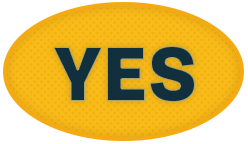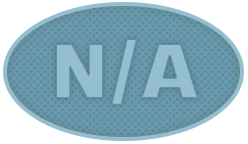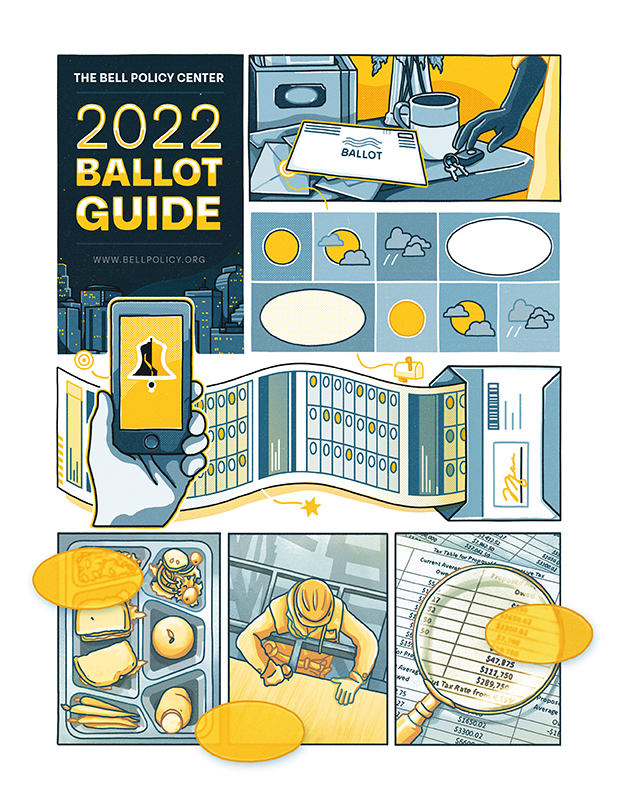2022 Colorado Ballot Guide
2022 Colorado Ballot Guide
2022 Colorado Ballot Guide
Welcome to the Bell Policy Center’s 2022 Colorado Ballot Guide!
The statewide questions on the November ballot are varied and important, ranging from legalization of access to psychedelic substances to a permanent tax rate decrease that could very well result in cuts to services Coloradans rely on.
This ballot guide is the result of research and analysis by Bell staff, who have examined history and context to provide you clear arguments in favor and against each of the 11 questions on the ballot. For the six measures that impact the values the Bell has identified for this ballot guide, we’ve provided recommended votes. For the remainder, we have offered facts, analysis, and pros and cons, but omitted a recommendation.
We know you have a lot of choices when it comes to seeking out ballot guidance, and we’re honored that you’re here.
Help us spread the word! Click below to share:

QUICK REFERENCE - 2022 COLORADO BALLOT GUIDE
QUICK REFERENCE
2022 COLORADO BALLOT GUIDE
MEASURES
KEY MEASURES HIGHLIGHTED
RECOMMENDATION
YES
NO
Amendment D
New 23rd Judicial District Judges


Amendment D requires the governor to designate judges currently serving in the 18th Judicial District to serve the remainder of their term in the soon-to-be created 23rd Judicial District.
Yes; This Amendment provides clarity to an already agreed upon public policy, which has widespread support from statewide and local leaders. Importantly, by codifying this process, we will be taking steps to ensure a more representative and efficient judicial system.
Amendment E
Extend Homestead Exemption to Gold Star Spouses


Amendment E extends eligibility for the Homestead Exemption to Gold Star spouses. Gold Star spouses are those whose spouse lost their life as a result of service in the United States military.
Yes; The loss of a spouse due to military service can cause significant shock for surviving family members. By extending an already existing benefit – one that is currently available to some veterans – to these families, the tax code can be used to provide at least some financial support and recognition of their continued sacrifice for the well-being of our country and communities.
Amendment F
Changes to Charitable Gaming Operations


Reduces the number of years a charitable organization needs to legally exist before it’s able to obtain a charitable gaming license from five years to three years prior to 2025 and by legislative change after 2025; it allows charitable organizations to hire managers and operators of gaming activities as long as they are paid no more than the minimum wage. In this case, “charitable gaming” is defined as bingo, pull-tab games, and raffles operated by charitable organizations.
Because the measure does not impact the values the Bell Policy Center has identified for our ballot guide, we do not offer a position on the measure.
Proposition FF
Healthy School Meals for All


Under this proposition, starting in the 2023-24 school year any school district participating in the National School Lunch Program would be able to provide free meals for all students and receive 100 percent reimbursement from the state at the federal rate. The program would also support good wages for school meal workers and grants to purchase healthy and local food.
This program would be paid for by raising $100 million per year through new tax break eligibility limitations on those making $300,000 and above.
The Bell Policy Center recommends a YES vote on Proposition FF. Improving students’ performance in school is an important aspect of economic mobility, and research has shown that alleviating hunger is a necessary component of better learning outcomes for students of all ages. Closing unnecessary or unfair tax loopholes is an important part of making a more progressive tax code. When our state reduces income taxes, as we did in 2020, our legislature can often close loopholes to make up the gap. This policy uses one such loophole to fund universal school meals. It is an important step forward on another important need among many that our state struggles to afford. It’s a step in the right direction.
Proposition GG
Add Tax Information Table to Ballot and Petitions


If adopted, Proposition GG would put a tax impact table on all petitions and ballots for citizen initiatives that seek to change the individual income tax rate. The table would include different income levels and the average change in taxes paid for each income bracket.
The Bell Policy Center recommends a YES vote on Proposition GG. This measure will serve to increase the information readily available to voters. As voters are the primary tax policymakers in this state, giving them a full suite of data empowers them to understand the issue more fully. Sunlight is democracy’s greatest disinfectant, and giving voters the ability to sort through all the implications of their votes will serve the greater democratic effort in Colorado.
Proposition 121
State Income Tax Rate Reduction


This measure would permanently cut the individual and corporate income tax rate in Colorado from 4.55 percent to 4.4 percent.
The Bell Policy Center strongly urges a NO vote on Proposition 121. Tax cuts seem to find their way to our ballot every year, and every year the Bell Policy Center stands against this regressive and fiscally harmful policy. We should not be permanently reducing our revenue to give millionaires an extra $1,500. This measure actually reverses the progressive progress of the 2022 TABOR rebate mechanism and worse, it locks it in forever.
From targeted rebates, to early child care and transportation funding, it should be up to the legislature and voters to decide how best to use surplus dollars in the times ahead. Vote no on this bait and switch.
Proposition 122
Access to Natural Psychedelic Substances


Proposition 122, or the Natural Medicine Health Act of 2022, legalizes the growth, personal use, and possession of certain psychedelic substances found in plants and fungi for individuals 21 and over. The proposition also requires the state Department of Regulatory Affairs, in consultation with the Natural Medicine Board (which would be created through this measure), to set up a regulatory structure to license and oversee facilities that allow for the purchase and supervised use of these substances; and develop public education materials.
Because the measure does not impact the values the Bell Policy Center has identified for our ballot guide, we do not offer a position on the measure.
Proposition 123
Dedicate Revenue for Affordable Housing Programs


Proposition 123 dedicates 0.1 percent of the state’s income tax revenue for housing projects, including programs to purchase land for affordable housing projects, provide rent support, maintain existing affordable housing, assist homeless Coloradans, and build local planning capacity. It’s projected to take roughly $300 million annually from the general fund, exempting these dollars from the TABOR cap; in years of budget surplus, reducing TABOR refunds. To receive funding, local governments would be required to increase affordable housing units by 3 percent annually.
This measure would provide a sustainable funding source to lower housing costs around the state and give local governments power to direct funds to their communities’ needs. The measure is well targeted for renters and homeowners who most need relief. While it’s true that we need zoning and land reform, too, sustainable and directed funding to increase low-income and workforce housing, provide rental assistance and vouchers, and build up local government capacity to accelerate new housing unit permitting will go a long way toward solving our affordable housing crisis. This measure does all of those things and more. For this reason, the Bell Policy Center recommends a YES vote.
Proposition 124
Retail Liquor Store Licenses Initiative


This measure permits liquor stores to immediately expand to up to eight locations in Colorado. These stores would be allowed to incrementally increase their number of locations afterward. By 2037, liquor stores would be allowed to have an unlimited number of locations.
Because the measure does not impact the values the Bell Policy Center has identified for our ballot guide, we do not offer a position on the measure.
Proposition 125
Allow Grocery and Convenience Stores to Sell Wine


This measure would permit grocery and convenience stores that currently sell beer to also sell wine. Based upon local approval, beer and wine tastings at these locations would also be permitted.
Because the measure does not impact the values the Bell Policy Center has identified for our ballot guide, we do not offer a position on the measure.
Proposition 126
Third-Party Delivery of Alcohol Beverages


Proposition 126 permits the home delivery of alcohol by third-party delivery services. The measure also makes permanent an allowance for bars and restaurants to deliver alcohol to consumers’ homes.
Because the measure does not impact the values the Bell Policy Center has identified for our ballot guide, we do not offer a position on the measure.

